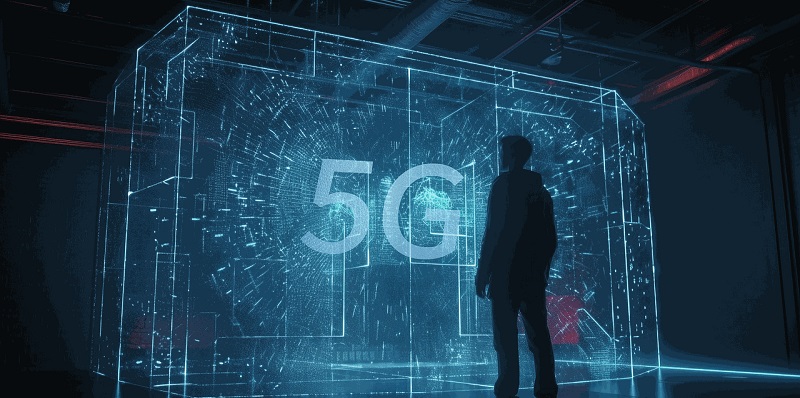The world is on the cusp of a technological revolution as the fifth generation of wireless technology, 5G, sets the stage for unprecedented speed, capacity, and opportunities. This article explores the immense potential of 5G and the critical role played by Mobile Edge Computing (MEC) in realizing its full capabilities.
Advancements in Speed and Capacity
With 5G, we witness a quantum leap in wireless communication. Boasting lightning-fast speeds and significantly increased capacity, 5G lays the foundation for a wide array of advanced applications and services. From autonomous vehicles to immersive augmented reality experiences, the possibilities are boundless, as 5G offers a level of performance that was previously unimaginable.
Importance of Mobile Edge Computing
However, maximizing the potential of 5G goes beyond just its technological advancements. Enter MEC, an indispensable catalyst that enhances the capabilities of 5G. MEC shifts computing resources closer to the network edge, enabling real-time analytics and decision-making at unprecedented speeds. This crucial fusion of 5G and MEC is the key to unlocking the power of applications that demand instantaneous response times.
Transformation of Wireless Infrastructure
The seamless integration of 5G and MEC heralds a monumental shift in wireless infrastructure architecture. Traditional centralized networks will give way to decentralized, distributed networks, leading to enhanced efficiency, flexibility, and resilience. By distributing computing power to the network edge, latency is minimized, reducing the time taken for data to travel, streamlining processes, and ensuring a seamless user experience.
Economic Implications of 5G and MEC
The impact of 5G and MEC extends far beyond technical advancements; it presents a profound economic opportunity. According to industry experts, these transformative technologies have the potential to generate up to $13.2 trillion in global economic output by 2035. This economic surge will be driven by the advent of innovative products, services, and groundbreaking business models that leverage the capabilities of 5G and MEC.
Societal Benefits and Implications
The integration of 5G and MEC holds immense promise for improving the quality of life and fostering inclusive societies. From revolutionizing healthcare with remote patient monitoring to enabling smart cities with efficient traffic management systems, 5G and MEC pave the way for transformative solutions that enhance sustainability, accessibility, and overall well-being.
Addressing Challenges
Despite the promising future, 5G and MEC face significant challenges that must be acknowledged and addressed. Network security remains a top concern, as the increased connectivity 5G brings requires stringent measures to protect against cyber threats. Ensuring interoperability across various devices and networks is another hurdle that needs to be overcome for seamless integration. Additionally, policymakers must work in sync to create regulatory frameworks that foster innovation while safeguarding public interests.
The advent of 5G and MEC represents a revolutionary development in wireless technology. The intertwining of these powerful technologies promises unrivaled speed, capacity, and capabilities. The transformative potential of 5G and MEC extends beyond technical advancements, touching every aspect of our lives, from the economy to society at large. By addressing challenges and leveraging the vast opportunities they present, we can indeed realize a future that is faster, more connected, and inclusive for all.

